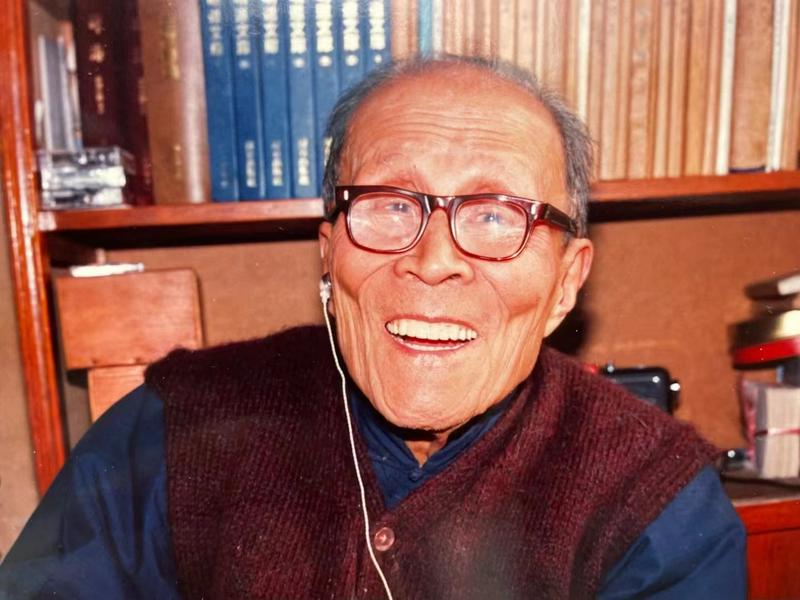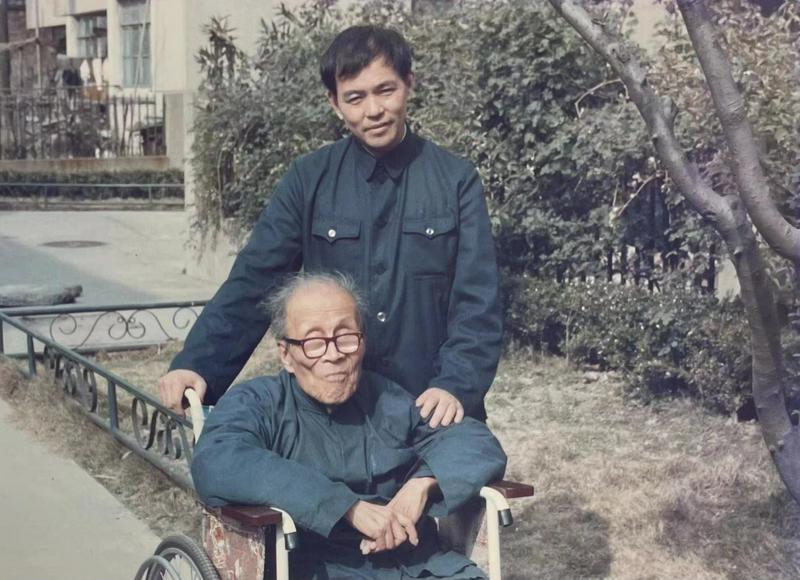Zhang Guiyan, Wang Mingdao's chief assistant for ministry and daily life in his last ten years in Shanghai, passed away at the age of 79 on January 3, 2024.
In 2021, Zhang once shared the story of Wang Mingdao’s later years, who was a representative figure of the house churches in China's Christian community, with the Christian Times, an online Christian newspaper in China.
Wang had lived in Shanghai after being released from prison when he was already 80 years old.
Wang Mingdao dedicated his later years to continuous sermons until his passing. During the process of organizing Wang's sermons, Zhang began with tapes, on which he spent eight yuan per tape to record, although others used tapes costing cents. Later, the lower-cost tapes became inaudible. Only Wang's sermons were preserved and eventually converted to CDs.
Zhang Guiyan once collected Spiritual Food Quarterly, a publication Wang insisted on even while imprisoned. The publication of this quarterly was rough, with one unskilled believer in a small church using an old-fashioned printing method with a foot pedal disc machine, resulting in inconsistent ink printing. Zhang spent 20 years gathering all these publications and even taught himself Adobe Photoshop to organize them. Among the 41 years of diaries from Wang, the most memorable one, 1954 (the year the Three-Self Patriotic Movement was established), got lost. Brother Zhang had sent all of Wang's sermons and diaries to Hong Kong for publication.
Wang Mingdao's religious convictions bore some resemblance to those of the Baptists, emphasizing the importance of the separation of church and state. "I won't deliver a word until you remove the flag if I were the young me," Wang stated once at a sermon when he noticed an American flag on the podium because it was the Fourth of July.
There is overseas material alleging that Wang worked hard to preach even in the prison bathroom, with 93 people believing in the Lord. Zhang clarified that this was a rumor. Mr. Wang did not preach the gospel to many people in prison, for those in prison were spiritually weak.
Zhang described Wang as "a senior in our church, an elder member of our family, and a warrior who had been injured in the battle."
"He would point out your problems, but without forcing you to change your mind," Zhang added. “Mr. Wang was very self-critical, who was more critical and crucial of himself than he was to others.”
- Translated by Poppy Chan













